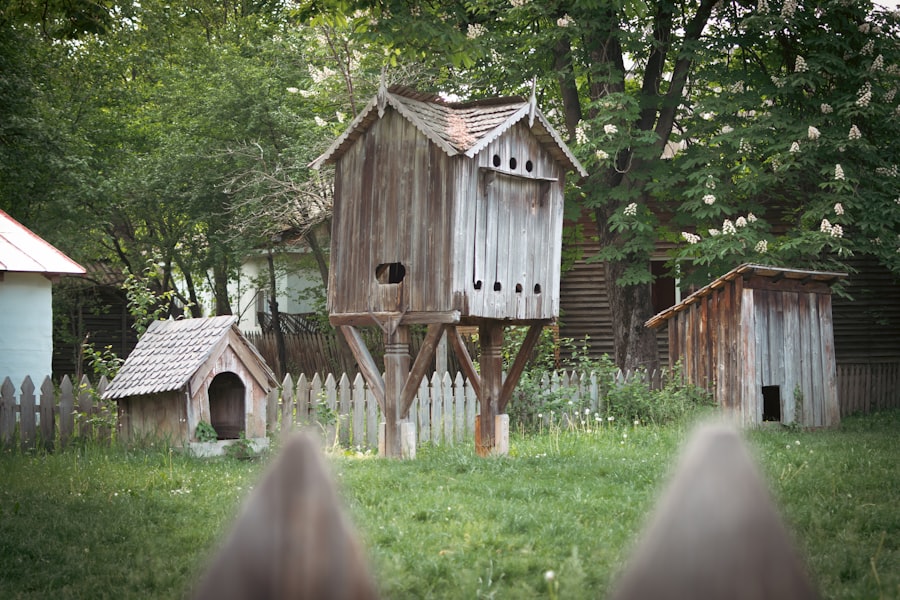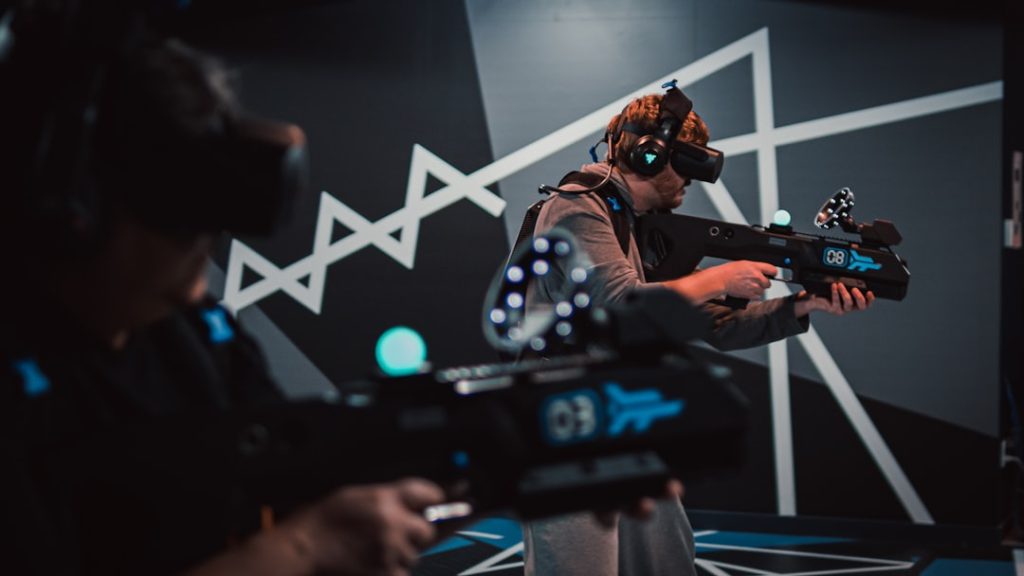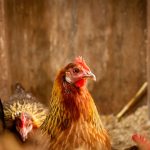Chickens are vulnerable to heat stress, particularly during summer. Chicken owners should be aware of signs indicating heat stress in their flock to ensure proper care. Common indicators include panting, wings held away from the body, lethargy, reduced egg production, and in severe cases, sudden death.
Prolonged exposure to high temperatures can lead to dehydration and potentially fatal heat stroke. Vigilant observation of flock behavior during hot weather is essential for timely intervention. Preventive measures are crucial in managing heat stress in chickens.
These include providing adequate shade and ventilation in coops, offering cool treats and frozen snacks for hydration, adjusting feeding and watering schedules to avoid peak heat periods, using misters or sprinklers in chicken runs, and implementing reflective roofing or insulation to minimize heat absorption in coops. By recognizing heat stress symptoms and taking proactive steps to prevent them, chicken owners can safeguard their flock’s health and well-being during hot summer months.
Table of Contents
- 1 Providing adequate shade and ventilation for the coop
- 2 Offering cool treats and frozen snacks to keep chickens hydrated
- 3 Adjusting feeding and watering schedules to avoid peak heat times
- 4 Using misters or sprinklers to create a cooling effect in the chicken run
- 5 Implementing reflective roofing or insulation to reduce heat absorption in the coop
- 6 Monitoring chickens closely during extreme heat and taking necessary precautions
- 7 FAQs
- 7.1 What are the signs of heat stress in chickens?
- 7.2 How can I keep my chickens cool during a heat wave?
- 7.3 What are some ways to provide shade for chickens?
- 7.4 How can I improve ventilation in the chicken coop during a heat wave?
- 7.5 What should I do if I notice a chicken showing signs of heat stress?
Key Takeaways
- Panting, lethargy, and holding wings away from the body are signs of heat stress in chickens
- Ensure the coop has ample shade and good ventilation to prevent heat buildup
- Offer frozen fruits, vegetables, and ice blocks to keep chickens hydrated and cool
- Schedule feeding and watering times during cooler parts of the day to avoid peak heat
- Use misters or sprinklers to create a cooling effect in the chicken run
- Reflective roofing or insulation can help reduce heat absorption in the coop
- Monitor chickens closely during extreme heat and take necessary precautions to prevent heat stress
Providing adequate shade and ventilation for the coop
Shade and Ventilation: The Key to a Comfortable Coop
Chickens are extremely sensitive to high temperatures, and without proper ventilation and shade, they can quickly become overheated. To ensure that chickens have a comfortable and safe environment during hot weather, it’s essential for chicken owners to provide ample shade in the coop and run.
Creating Shade and Ventilation in the Coop
This can be achieved by planting trees or installing shade cloth over the run to provide protection from the sun’s rays. Additionally, it’s important to ensure that the coop is well-ventilated to allow for air circulation and cooling breezes. This can be accomplished by installing windows, vents, or fans in the coop to promote airflow and reduce heat buildup.
Coop Placement: A Crucial Consideration
In addition to providing shade and ventilation in the coop, it’s also important for chicken owners to pay attention to the placement of the coop in relation to the sun. Coops should be situated in a location that receives adequate shade throughout the day, especially during the hottest part of the day. This may require repositioning the coop or adding additional shade structures to ensure that chickens have a cool and comfortable environment.
By providing adequate shade and ventilation in the coop, chicken owners can help prevent heat stress in their flock and ensure that their birds remain healthy and happy during the summer months.
Offering cool treats and frozen snacks to keep chickens hydrated

In addition to providing shade and ventilation in the coop, offering cool treats and frozen snacks can help keep chickens hydrated and cool during hot weather. Just like humans, chickens enjoy a refreshing treat on a hot day, and providing them with cool snacks can help lower their body temperature and prevent dehydration. Some popular cool treats for chickens include frozen fruits and vegetables, such as watermelon, berries, and peas, as well as frozen yogurt or ice cubes.
These treats not only provide hydration but also offer a source of nutrients and vitamins that can help support overall health and well-being. Another way to keep chickens cool and hydrated is by offering them access to fresh, cool water throughout the day. It’s important for chicken owners to regularly check and refill water containers to ensure that chickens have an adequate supply of water, especially during hot weather.
Additionally, adding electrolytes or vitamins to the water can help replenish essential nutrients lost through sweating and panting. By offering cool treats and frozen snacks, as well as ensuring access to fresh water, chicken owners can help keep their flock hydrated and comfortable during the summer months.
Adjusting feeding and watering schedules to avoid peak heat times
During hot weather, it’s important for chicken owners to adjust feeding and watering schedules to avoid peak heat times. Chickens are most active in the early morning and late afternoon when temperatures are cooler, so it’s best to offer food and water during these times to encourage chickens to eat and drink when they are most comfortable. By providing food and water during cooler parts of the day, chicken owners can help prevent heat stress in their flock and ensure that their birds remain well-nourished and hydrated.
In addition to adjusting feeding and watering schedules, it’s also important for chicken owners to monitor their flock for signs of dehydration and heat stress throughout the day. This can include checking for panting, lethargy, or decreased egg production, as well as observing water consumption and behavior. If any signs of heat stress are observed, it’s important to take immediate action to cool down the chickens and provide them with access to fresh water.
By adjusting feeding and watering schedules and monitoring their flock closely, chicken owners can help prevent heat stress and ensure the health and well-being of their birds during hot weather.
Using misters or sprinklers to create a cooling effect in the chicken run
Another effective way to keep chickens cool during hot weather is by using misters or sprinklers to create a cooling effect in the chicken run. Misters or sprinklers can help lower the ambient temperature in the run by creating a fine mist or spray of water that evaporates into the air, cooling down the surrounding area. This can provide relief for chickens from the heat and help prevent heat stress from occurring.
Additionally, misters or sprinklers can also help increase humidity levels in dry climates, which can further aid in keeping chickens cool and comfortable. When using misters or sprinklers in the chicken run, it’s important for chicken owners to ensure that they are positioned in a way that provides maximum coverage and cooling effect. This may involve installing misting systems along the perimeter of the run or strategically placing sprinklers in areas where chickens congregate.
It’s also important to monitor chickens closely when using misters or sprinklers to ensure that they are not becoming overly wet or uncomfortable. By using misters or sprinklers to create a cooling effect in the chicken run, chicken owners can help keep their flock comfortable and safe during hot weather.
Implementing reflective roofing or insulation to reduce heat absorption in the coop

Reflective Roofing and Insulation
To minimize heat absorption in the coop, chicken owners can install reflective roofing or add insulation. Reflective roofing materials, such as metal or white-colored roofing panels, can reflect sunlight away from the coop, reducing heat buildup inside. Insulation also plays a crucial role in regulating temperature by preventing heat from entering the coop during hot weather.
Creating a Comfortable Environment
By implementing these measures, chicken owners can create a more comfortable environment for their flock and reduce the risk of heat stress. It’s essential to consider other ways to reduce heat absorption in the coop, including providing shade around the perimeter, such as planting trees or installing shade cloth.
Optimizing Ventilation and Airflow
Additionally, ensuring that windows and vents are positioned to promote airflow and cooling breezes is vital. By taking these steps to reduce heat absorption in the coop, chicken owners can help create a cooler and more comfortable environment for their flock during hot weather.
Monitoring chickens closely during extreme heat and taking necessary precautions
During extreme heat events, it’s crucial for chicken owners to monitor their flock closely and take necessary precautions to prevent heat stress. This can include checking on chickens frequently throughout the day for signs of dehydration or heat stress, as well as providing access to fresh water and cool treats. Additionally, it’s important to ensure that shade and ventilation in the coop are adequate, and to take proactive measures such as using misters or sprinklers to create a cooling effect in the chicken run.
If any signs of heat stress are observed in the flock, it’s important for chicken owners to take immediate action to cool down their birds and prevent further complications. This can include moving chickens to a cooler area, providing access to fresh water, offering cool treats or frozen snacks, and using misters or sprinklers to lower ambient temperatures. In severe cases of heat stress, it may be necessary to consult with a veterinarian for further guidance on how to treat affected chickens.
By monitoring their flock closely during extreme heat events and taking necessary precautions, chicken owners can help ensure the health and well-being of their birds during hot weather. In conclusion, understanding the signs of heat stress in chickens is crucial for preventing health complications during hot weather. By providing adequate shade and ventilation in the coop, offering cool treats and frozen snacks, adjusting feeding and watering schedules, using misters or sprinklers in the chicken run, implementing reflective roofing or insulation, and monitoring chickens closely during extreme heat events, chicken owners can help keep their flock safe and healthy during the summer months.
It’s important for chicken owners to be proactive in preventing heat stress and taking necessary precautions when temperatures rise, as this can help ensure that their birds remain comfortable and thriving despite the challenges of hot weather.
If you’re looking for more tips on keeping your chickens cool in a heat wave, you might want to check out this article on chicken coop interior ideas. It offers some great suggestions for creating a comfortable and cool environment for your chickens during hot weather.
FAQs
What are the signs of heat stress in chickens?
Signs of heat stress in chickens include panting, holding their wings away from their bodies, decreased egg production, lethargy, and loss of appetite.
How can I keep my chickens cool during a heat wave?
You can keep your chickens cool during a heat wave by providing plenty of shade, ensuring good ventilation in the coop, offering cool water to drink, and providing frozen treats such as fruits and vegetables.
What are some ways to provide shade for chickens?
You can provide shade for chickens by using tarps, umbrellas, or natural shade from trees or shrubs. It’s important to make sure the shade is available throughout the day as the sun moves.
How can I improve ventilation in the chicken coop during a heat wave?
You can improve ventilation in the chicken coop by adding windows, vents, or fans to promote air circulation. This helps to reduce the build-up of heat and humidity inside the coop.
What should I do if I notice a chicken showing signs of heat stress?
If you notice a chicken showing signs of heat stress, move them to a cooler area with shade and provide them with cool water to drink. You can also use a misting system or wet towels to help lower their body temperature. If the symptoms persist, it’s important to seek veterinary care.
Meet Walter, the feathered-friend fanatic of Florida! Nestled in the sunshine state, Walter struts through life with his feathered companions, clucking his way to happiness. With a coop that’s fancier than a five-star hotel, he’s the Don Juan of the chicken world. When he’s not teaching his hens to do the cha-cha, you’ll find him in a heated debate with his prized rooster, Sir Clucks-a-Lot. Walter’s poultry passion is no yolk; he’s the sunny-side-up guy you never knew you needed in your flock of friends!







